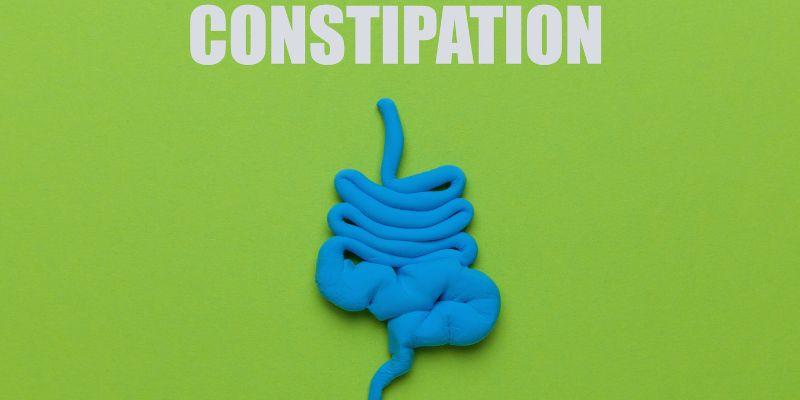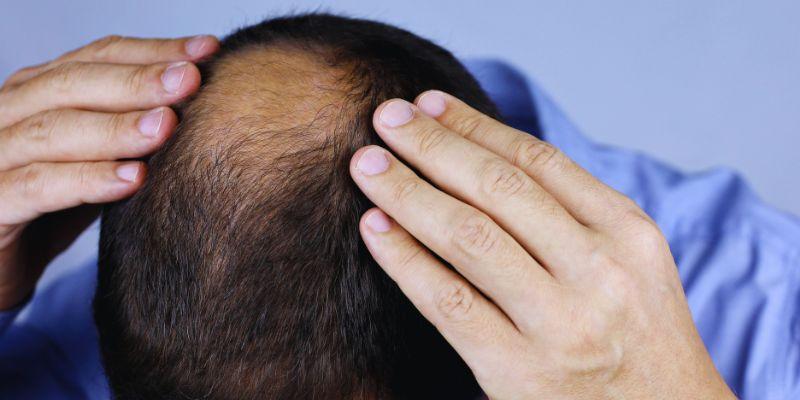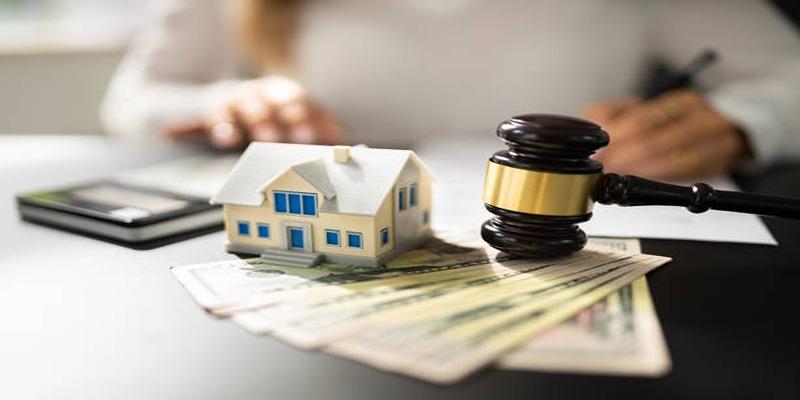Constipation and abdominal pain often occur together, causing discomfort and anxiety. Dietary habits, lifestyle factors, or underlying medical conditions typically cause these issues. Many people experience abdominal pain and constipation, especially after poor dietary choices or during periods of stress. Gas, bloating, or cramping may result from improper food passage through the digestive tract.
You may also experience sharp pain or pressure in the lower abdomen. Early symptom recognition and action are crucial. In certain situations, medical assistance is required. Being aware of changes in bowel habits and patterns of stomach cramps can help prevent more serious complications. Treatment becomes simpler and more successful when these warning signs are recognized.

Slow Digestive Movement and Gut Function
Constipation and pain can occur when your digestive system moves food too slowly. Hard stools and fewer bowel movements are the results of slow movement. Stools become harder as waste remains in the colon because it draws out more water. It causes abdominal pain with no bowel movement. This results in discomfort or bloating as the large intestine is stretched. This process is frequently linked to dehydration or a low-fiber diet.
Long-term sitters may experience slower digestion. Physical inactivity slows waste movement by reducing intestinal muscle tone. Anxiety and stress may also be factors in gut slowdown. Proper digestion can be supported by fiber, water, and a healthy routine. You should see a doctor if these symptoms persist. Ignoring the problem could result in more serious conditions like intestinal blockages or impacted stool.
Diet and Dehydration Triggers
Your daily dietary choices have a big impact on how well your bowels and digestion work. Consuming insufficient amounts of fiber slows down digestion and exacerbates constipation. Fiber softens and facilitates the passage of stool through your digestive tract. Insufficient water causes the stool to become hard and difficult to pass. It leads to an increase in bowel movement and stomach cramps.
Additionally, processed snacks, fried foods, and dairy can upset your stomach. Excessive consumption of caffeine can exacerbate dehydration and worsen constipation. Your digestive system may be shocked by abrupt dietary changes or meal skipping. These problems are common among people who have irregular eating habits. Pain and constipation may be avoided by consuming fruits, vegetables, and whole grains. Increasing your water intake throughout the day is also beneficial. To rule out food allergies or intolerances, see a doctor if symptoms persist after making dietary adjustments.

Irritable Bowel Syndrome and Functional Disorders
Constipation and stomach pain are common symptoms of Irritable Bowel Syndrome (IBS). It has an impact on nerve signals and muscle contractions in the gut. Many individuals with IBS may go for days with abdominal pain and no bowel movement. Cramping can happen during stressful situations or after meals. Gas, bloating, and irregular bowel habits are common symptoms of IBS.
After passing stool, the pain may occasionally subside. Constipation and diarrhea can alternate in people with IBS. Although the precise cause of IBS is unknown, hormones, diet, and stress can all contribute to its onset. IBS tends to occur more frequently in women than in men. Dietary adjustments, stress reduction techniques, and occasionally medication are all part of managing IBS. Probiotics and fiber supplements might also be beneficial. A healthcare professional should always be consulted for an accurate diagnosis. IBS can be less disruptive and easier to manage with early treatment.
Obstruction and Underlying Medical Conditions
Pain and constipation could be signs of a serious illness, such as a bowel obstruction. Blockages cause the gut to swell and stop stool from passing. Fever, vomiting, and total loss of bowel movement are possible symptoms of severe cases. In some cases, abdominal pain and constipation may occur without a clear cause. Obstructions may result from twisted intestines, tumors, or scar tissue. Urgent medical attention is required for these conditions.
Diseases like diabetes or hypothyroidism can occasionally impact digestion. Multiple sclerosis and Parkinson’s disease can also impair intestinal function. Another known trigger is long-term opioid use. A sudden sharp pain accompanied by no gas or stool movement can be a serious warning sign. To locate the blockage, doctors employ imaging tests. Surgery, fluids, or medication are frequently used as forms of treatment. Serious consequences are avoided by early diagnosis. Any sudden pain or cessation of bowel movement should always be treated as urgent.
Poor Toilet Habits and Lifestyle Choices
Lifestyle choices can directly impact bowel function. Ignoring the urge to have a bowel movement can lead to discomfort and hardened stool. Regularly delaying bowel movements can desensitize your body’s natural signals. It weakens natural signals over time. As a result, constipation and stomach cramps are common. Poor digestion can also result from a lack of exercise. Stool is pushed through the intestines with the aid of movement. A sedentary lifestyle slows down this process.
Bathroom habits are also impacted by shift work, travel, and irregular sleep schedules. Overuse of laxatives by some people weakens the gut over time. Digestive stress can also result from skipping meals and eating on the run. Constipation can be avoided by establishing healthy routines, taking daily walks, and paying attention to your body’s cues. Constipation that lasts a long time should never be disregarded. If altering your lifestyle doesn’t help your symptoms, speak with your doctor.
Conclusion:
Constipation and abdominal pain can interfere with day-to-day activities, particularly if left untreated. Many causes of abdominal pain and constipation are related to lifestyle, stress, or dietary habits. Early intervention is possible by recognizing changes in bowel habits and cramping patterns. The discomfort may occasionally be an indication of underlying health problems. Regular exercise, drinking plenty of water, and making healthy decisions frequently help. Medical assistance becomes crucial if symptoms worsen or persist. The best approach to treat and avoid chronic digestive problems is to identify the issue early.












